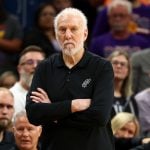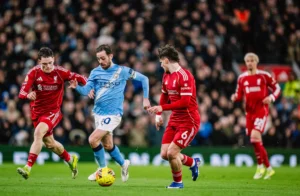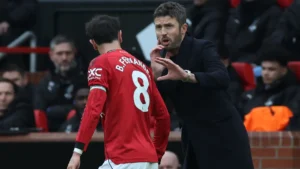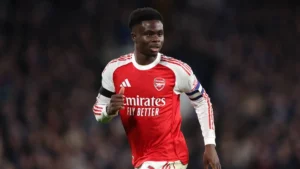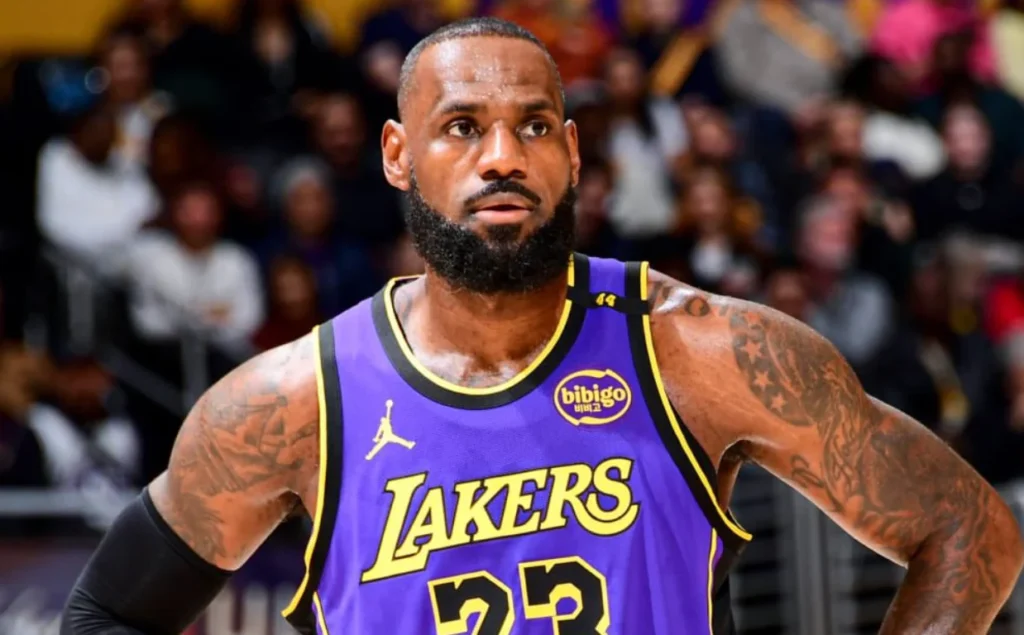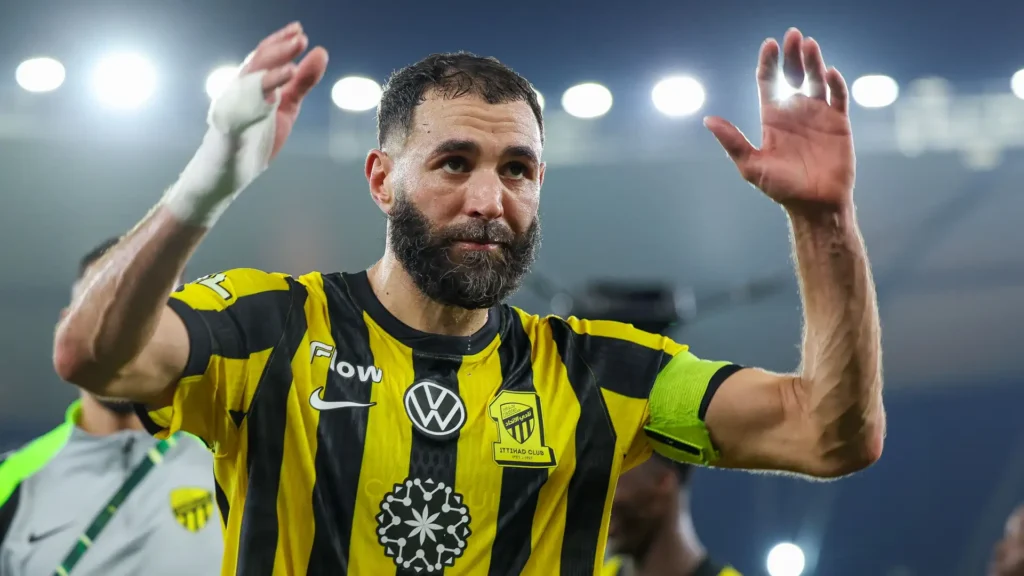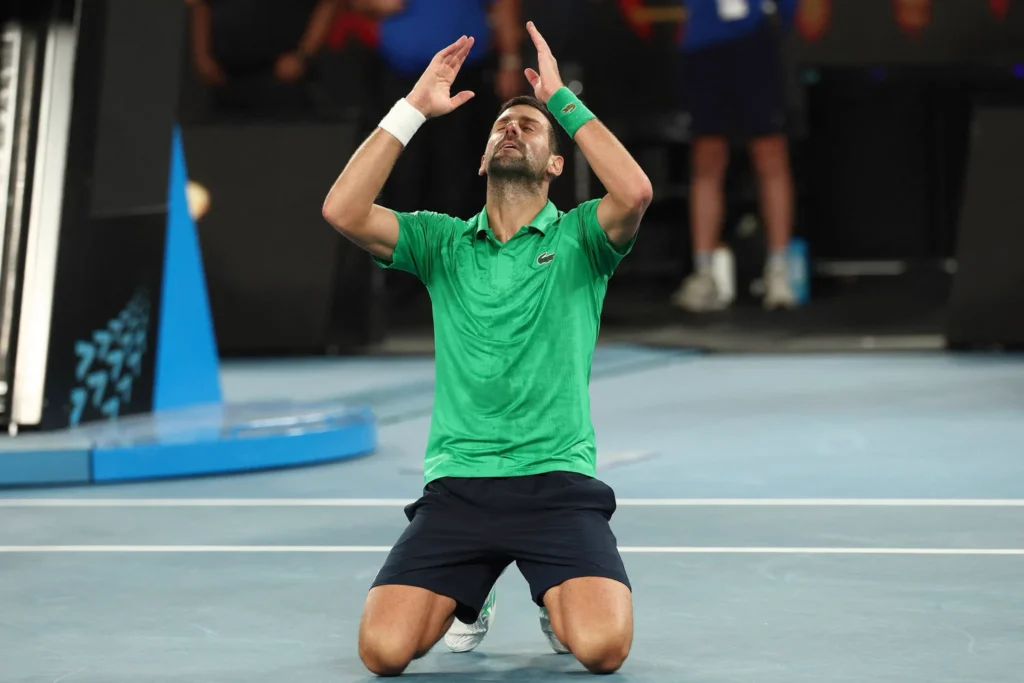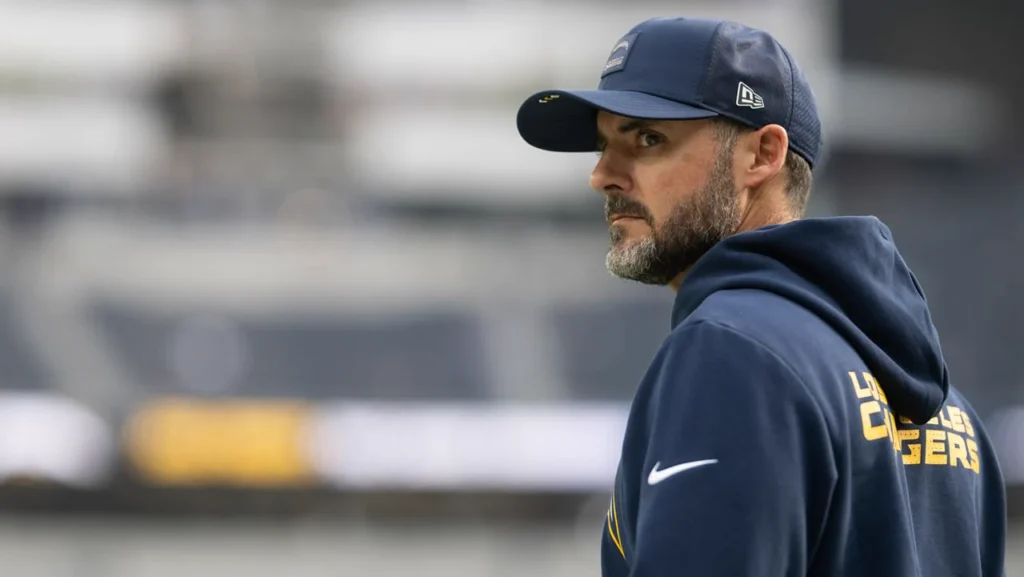Manchester United could have serious problems with their participation in European club competitions next season because of the club’s new co-owner Sir Jim Ratcliffe.
His company Ineos will soon officially acquire 25% of the shares of the Red Devils, but at the same time it has control over the French club Nice.
This creates a paradox, since according to UEFA regulations, two clubs with the same owner are not allowed to meet in European tournaments. The rules of the football headquarters say the following about matters like this – if two clubs with the same owner qualify for the European tournaments, only the one that finished higher in the table in their domestic league will participate in Europe.
In the next season, the Champions League will be in its new expanded format, due to which three teams from France will qualify directly in the tournament, and the fourth will play a playoff, while 5 teams from England will qualify directly.
The only way for Man United and Nice to play together in Europe is for one club to go directly into the Champions League groups and the other into the Conference League groups, as this would ensure that the two teams cannot meet at any stage from the tournaments.
If the two teams finish in the same place in the Premier League and Ligue 1, Man United will qualify for Europe, as the English championship has a higher coefficient than the French championship.
“If Nice finishes higher than Manchester United in their respective leagues UCL spots, United could be banned from the UCL & Europa league!” 🤯 @markgoldbridge discusses how Sir Jim’s ownership in #mufc could hinder their ambitions in Europe.
What are your thoughts?👇 pic.twitter.com/jZO2QlrEhJ
— The United Stand (@UnitedStandMUFC) November 23, 2023
According to a source in The Sun newspaper, UEFA have said the following: “If the current rules remain in place, the situation is clear. Ineos own Nice and are expected to have an important role in the management of Manchester United. If the rules are not changed, the two teams cannot play together in European tournaments, unless one participates in the Champions League and the other in the Conference League.”

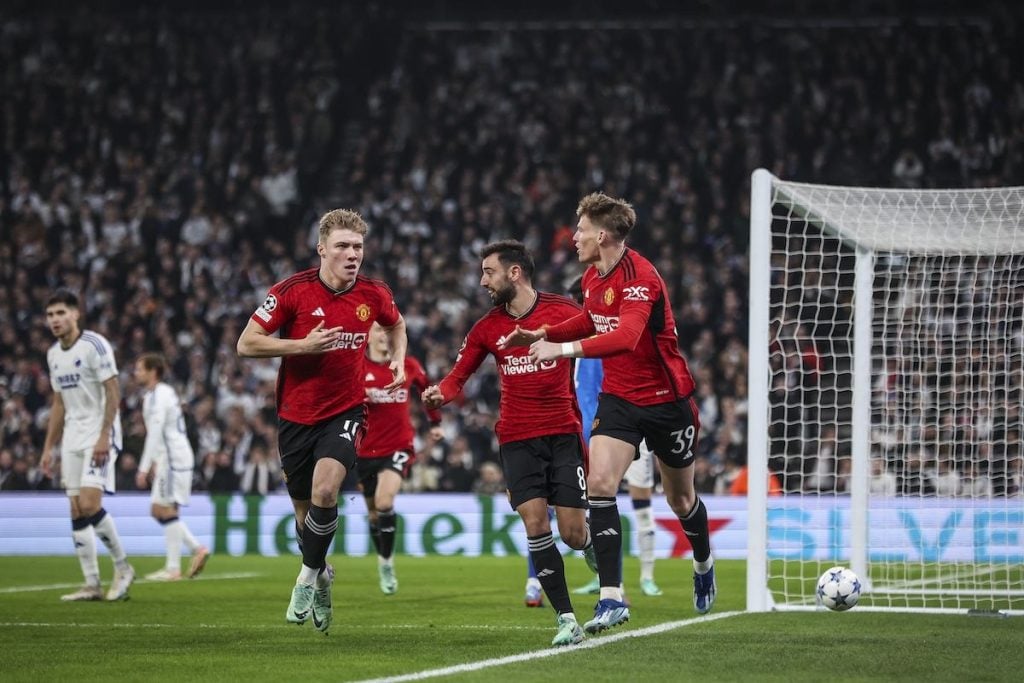
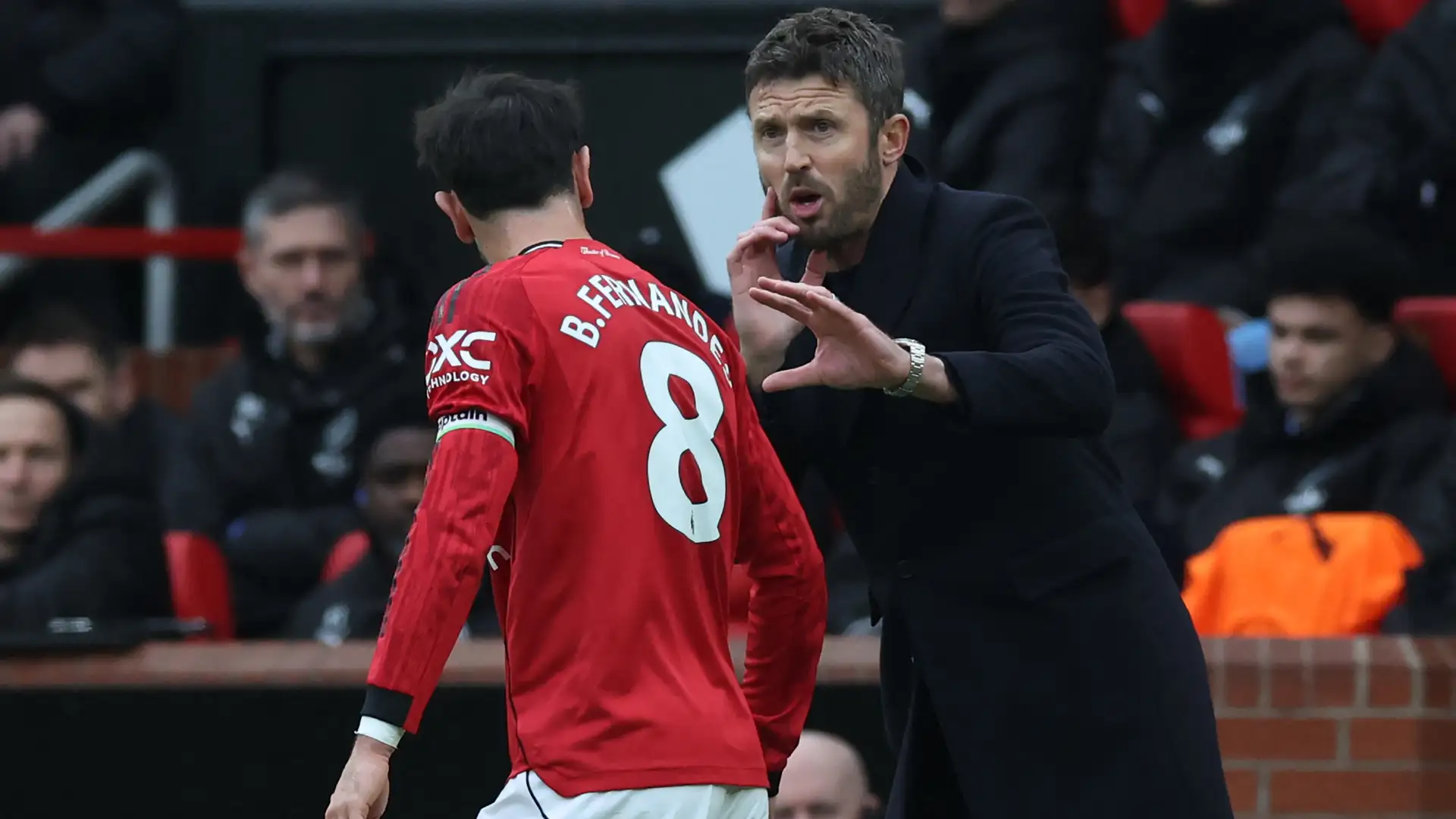
 Keane now supports Carrick to be permanent manager of Man United
Keane now supports Carrick to be permanent manager of Man United  Man United shock Arsenal after late goal secure 3-2 victory at Emirates
Man United shock Arsenal after late goal secure 3-2 victory at Emirates 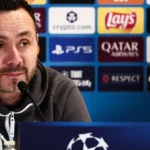 De Zerbi talks about the Manchester United job links
De Zerbi talks about the Manchester United job links 